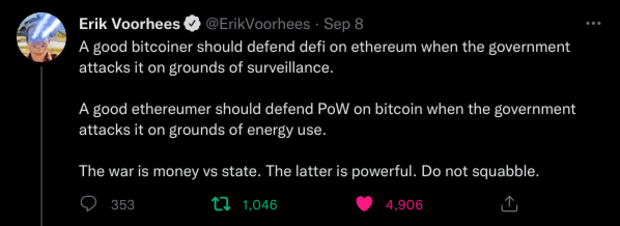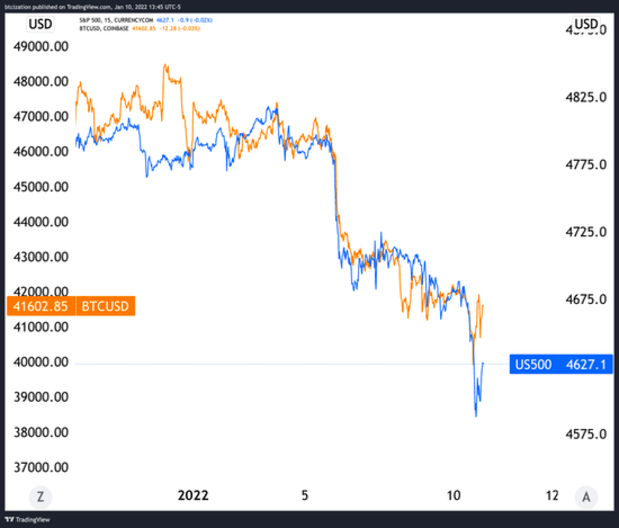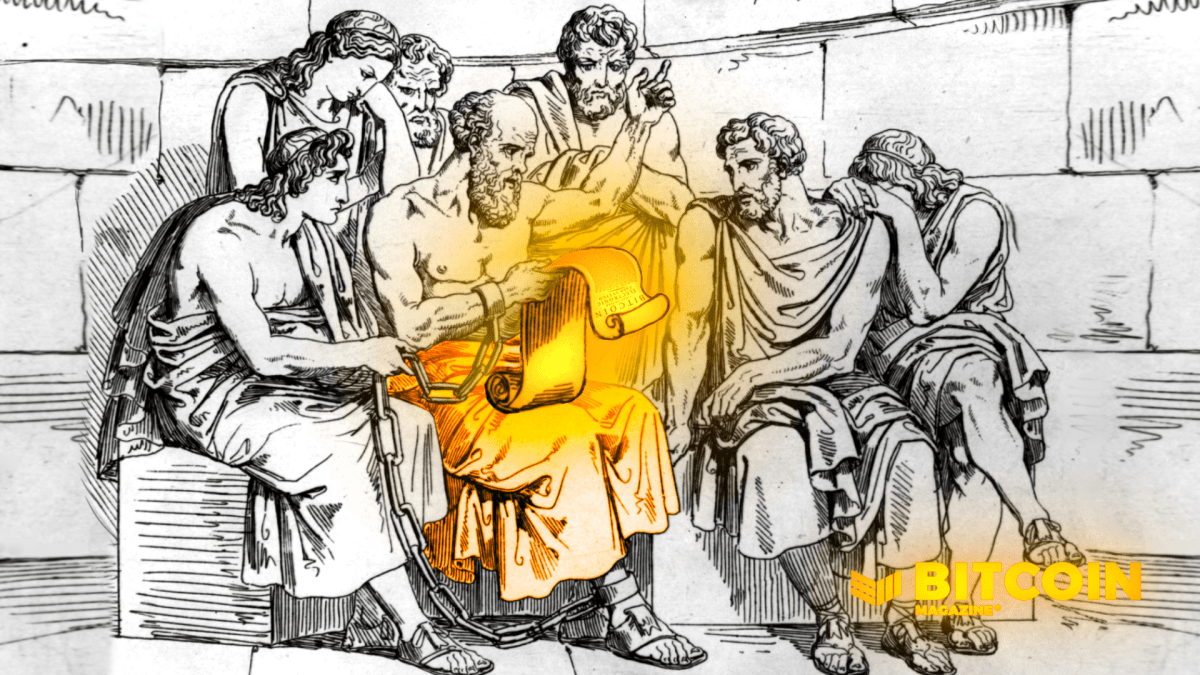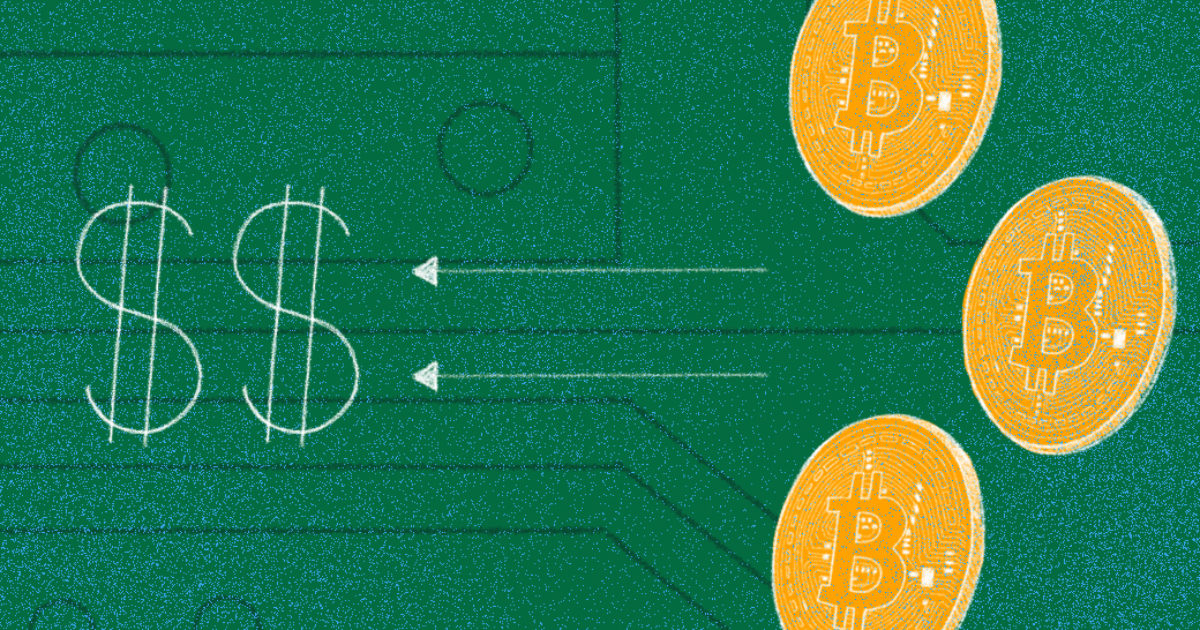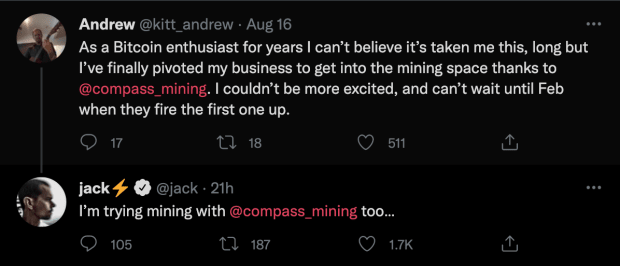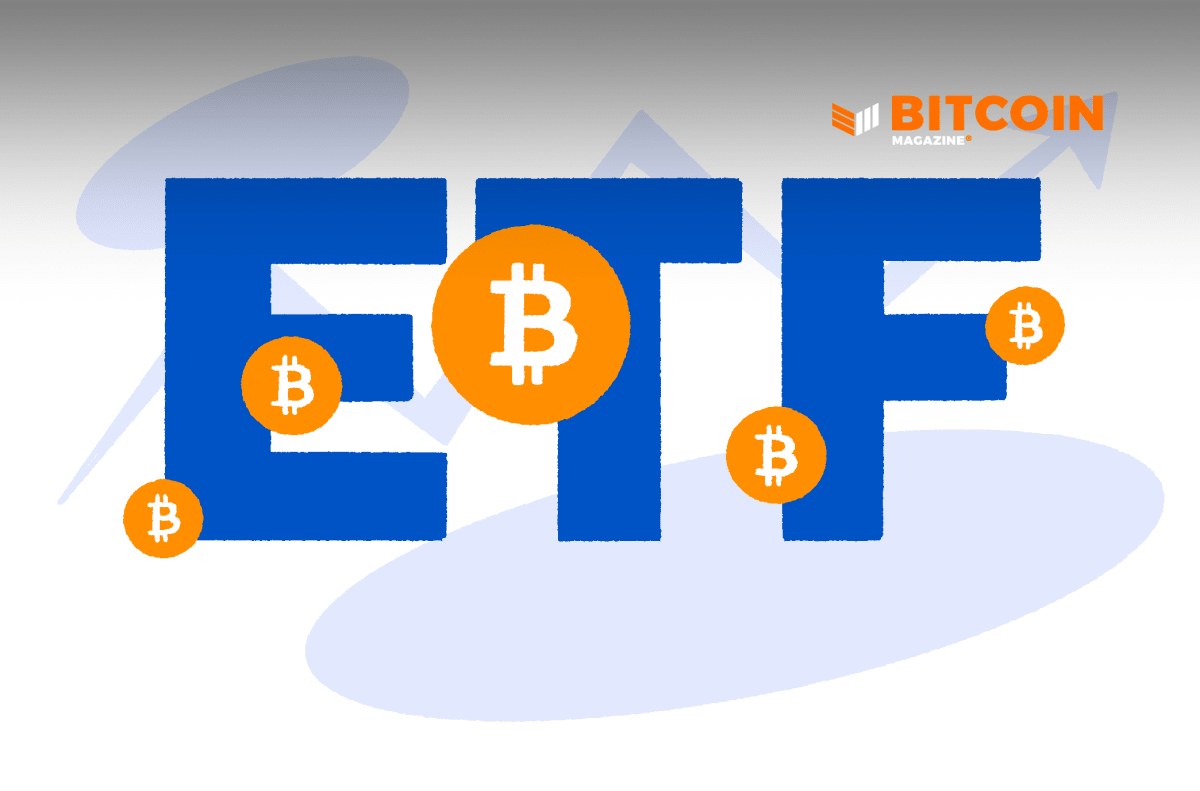These books can help you expand your bitcoin knowledge, as well as your understanding of the world.
In this article, we will outline some of the best resources for learning about why failing economic practices led to the invention of bitcoin, by exploring first principles of economics, through the Austrian economics viewpoint.
- “Economics In One Lesson” – Henry Hazlitt
- “The Ethics Of Money Production” – Jörg Guido Hülsmann
- “The Origins Of Money” – Carl Menger
- “Anatomy Of The State” – Murray N. Rothbard
- “Human Action” – Ludwig von Mises
Economics In One Lesson
In “Economics In One Lesson,” Hazlitt argues that we need to consider the unintended, often unseen consequences of government policy and economic action. Illustrating this point with “the broken window fallacy,” he points out that the economy is harmed when the baker has to spend money to replace a broken window. Instead of using that money to invest in a new oven or a paint job for his bakery, which helps him and other businesses, his funds are being diverted to replace the window, which only helps the local glazier. Because we see that the broken window helps the glazier and can’t see the harm that it does to the broader economy, many of us assume broken windows are good for economic growth. But, this obviously isn’t true. In short, whenever the government or rogue window-breaking actors divert funds from the individual, the economy suffers.
The Ethics Of Money Production
“The Ethics Of Money Production” argues that money production should be privatized, the same way most goods are produced. In this book, author Hülsmann rebuts popular misconceptions of the government managing money. Government control doesn’t lead to stability but to inflation, counterfeits, and instability. And, a decentralized market is better suited to determine the value of currency, not the government. Hülsmann also points out that paper money was not voluntarily accepted when first introduced to society. The government had to coerce people into using it, sometimes even by punishment of death. People should be able to use whatever medium of exchange they wish as long as it is voluntary. Coercion to join a monopoly in currency is unethical, cuts against freedom and property rights, and opens the door to corrupt, monopolistic practices.
The Origins Of Money
In this essay, Menger argues that money does not need to be created and enforced from the top downward, because it will naturally originate from human action. Individuals in early economies slowly evolved from bartering directly for products and services to using different intermediaries to obtain their desired product and service easier. The market testing out different intermediaries will eventually resolve on one or two popular mediums, which will become money. For most civilizations, this was gold and other precious metals. Menger’s central thesis is that money does not need to be of human design, but will occur as a byproduct of individuals trying to trade as efficiently as possible.
Anatomy Of The State
“Anatomy Of The State” follows the libertarian view of government, namely that government is a parasite that needs to be checked regularly. It steals value from productive members of society and defines those who accumulate “too much” money, or who want to keep their money, as greedy. According to the libertarian view, government requires propaganda on its behalf to justify its existence and actions, and its primary focus is to maintain and grow its power, not to protect or help its citizenry.
Human Action
In his aptly-named treatise “Human Action,” Ludwig von Mises boils down economic growth and decline as a result of human actions. Individuals create, destroy, trade, and compete in an economy, and profits are inexplicably tied to progress and economic success. If individuals earn profits, they are providing a product the market wants and are being rewarded. If individuals lose money, they are being punished for using resources and producing a product the market doesn’t want. According to von Mises, at the center of all economic activity and progress/regress is the entrepreneur creating something, and economic activity and entrepreneurship will only stop when the market reaches contentment. This is likely to never happen because market contentment implies that individuals are satiated with the products and services they have, and humans are insatiable creatures.
If you make it through all these books, including even the 881-page behemoth, “Human Action,” we have even more great books on Bitcoin-related topics listed in our bookstore.
This is a guest post by Siby Suriyan. Opinions expressed are entirely their own and do not necessarily reflect those of BTC Inc. or Bitcoin Magazine.


